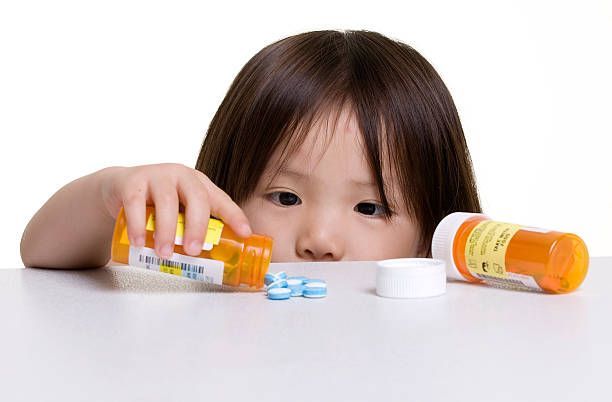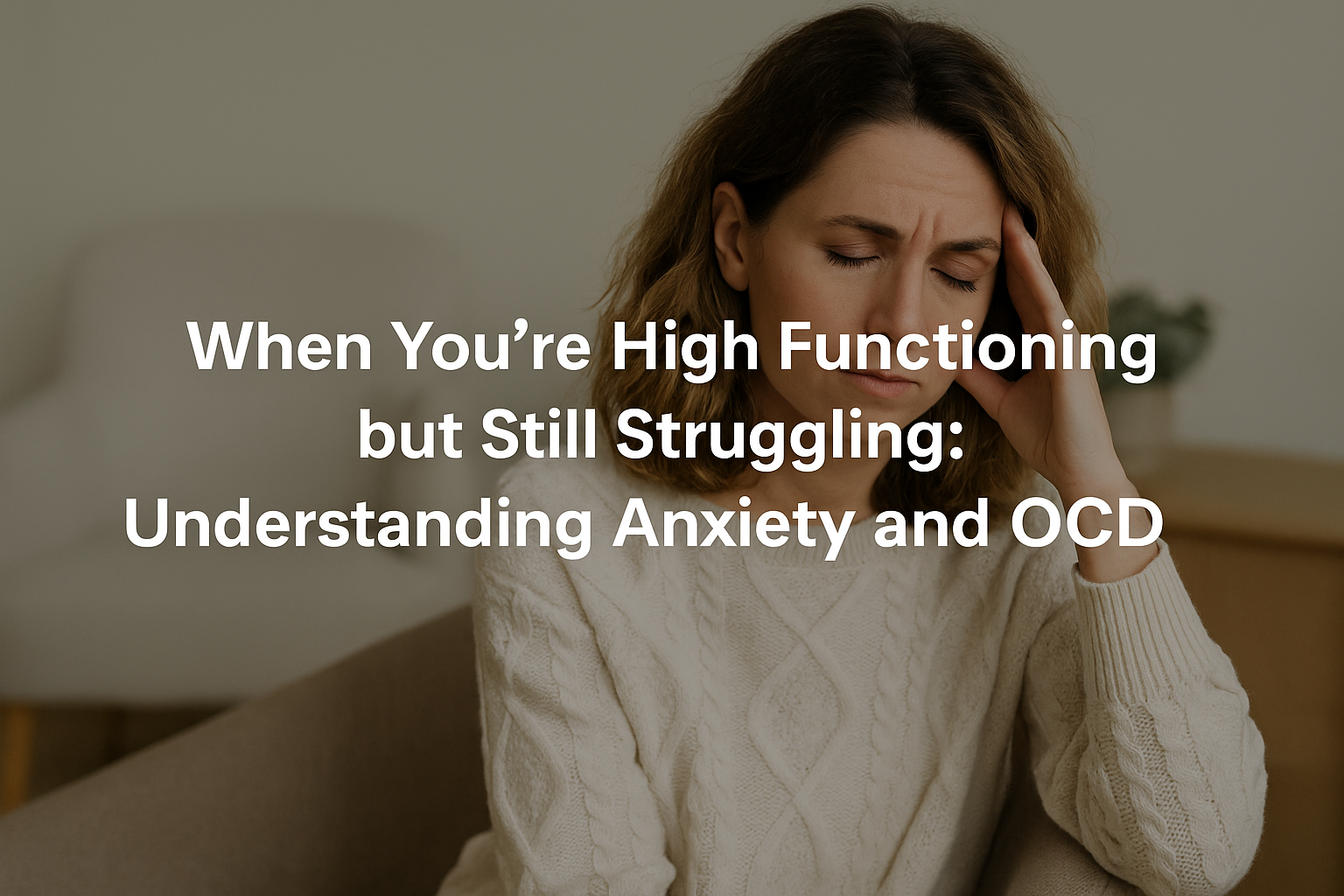Trump, RFK Jr., and Mental Health

A growing conversation is unfolding around the use of psychiatric drugs on children and their potential long-term impacts. The Trump administration, alongside Robert F. Kennedy Jr., has sparked an inquiry into how these medications might be affecting our youngest generation. While this development raises important questions, it also brings into focus an equally critical topic—the role of mental health therapy as a true, lasting solution for children struggling with mental health challenges.
When we explore the intersection of children’s mental health, therapy, and the use of psychiatric medications, it’s impossible to ignore the larger system at play. Both approaches aim to address mental well-being, but their methods—and outcomes—often differ.
Examining Mental Health Solutions for Kids
The Role of Psychiatric Drugs
Psychiatric drugs, such as antidepressants and mood stabilizers, can be helpful in some cases. They can provide temporary relief by addressing chemical imbalances, alleviating symptoms like anxiety, depression, or hyperactivity. However, these medications often focus on managing symptoms rather than resolving the root causes of mental health struggles.
For children, this distinction is even more critical. Their brains are still developing, and introducing medications at an early age may have unknown effects on their long-term mental and emotional health. Recent concerns raised in investigations push us to ask, are psychiatric drugs the first—and only—step we should consider when a child is struggling?
Why Mental Health Therapy Treats the Problem, Not the Symptoms
Mental health therapy offers something psychiatric drugs cannot—identifying and working through the root causes of issues. For children, this could mean unpacking feelings of stress from school, challenges at home, or unresolved trauma. Therapy's purpose is not just to “fix” children, but to empower them with tools they can use for their entire lives.
Through methods like Cognitive Behavioral Therapy (CBT), play therapy, and family counseling, therapists create safe, compassionate spaces where children can explore their emotions, build resilience, and practice healthy communication. By addressing these core issues directly, therapy moves beyond treating symptoms and sets the stage for long-term well-being.
Why Increasing the Mental Health Budget Is Crucial
Addressing the Shortage of Mental Health Professionals
Despite its importance, therapy is often inaccessible for many families—especially those from middle- and low-income households. The funding allocated toward mental health services remains insufficient. Therapists and counselors are stretched thin, limiting both availability and the quality of care children receive.
According to the American Psychological Association (APA), while demand for mental health services is at an all-time high, many regions face a shortage of licensed mental health professionals. Supporting mental health funding is a direct line to addressing this problem, ensuring children can access therapy when they need it most.
Valuing the Expertise of Mental Health Workers
Mental health professionals are not just counselors; they are lifelines. They are trained to guide children and families through their most challenging moments, often providing the care that transforms lives. Yet, they are underpaid relative to their expertise and the complexity of their work.
Increasing the budget to fairly compensate mental health professionals isn't just about paying workers—it’s about enabling a sustainable and thriving mental health system. Failing to invest in their expertise ultimately shortchanges the thousands of children who rely on their support.
Building a Better Future for Children's Mental Health
The Trump administration and RFK Jr.’s investigation into psychiatric drugs opens an important door to rethinking how we address mental health—particularly for children. This moment is an opportunity to expand the conversation to include the incredible value of mental health therapy. It’s time to advocate for solutions that treat the whole person, not just their symptoms, and ensure every child has access to compassionate, effective mental health care.
By increasing the mental health budget, we equip our schools, communities, and families with the tools needed to care for children's well-being—both now and in the future.
Support Increased Mental Health Funding
Giving children the chance to heal, grow, and thrive starts with all of us. Show your support for increased funding for mental health services today. Together, we can shape a brighter


